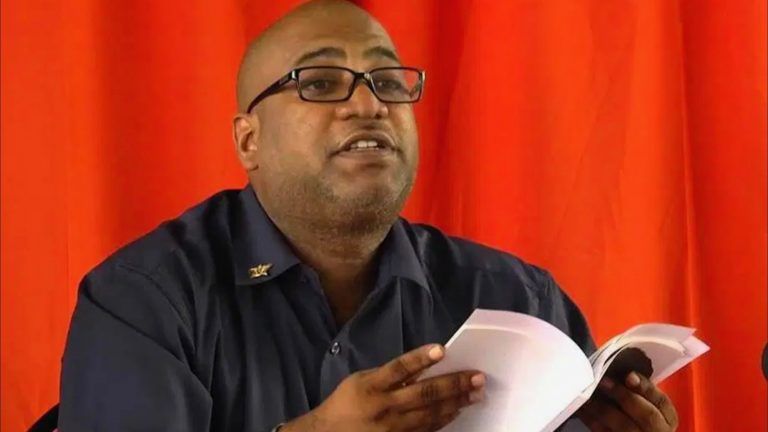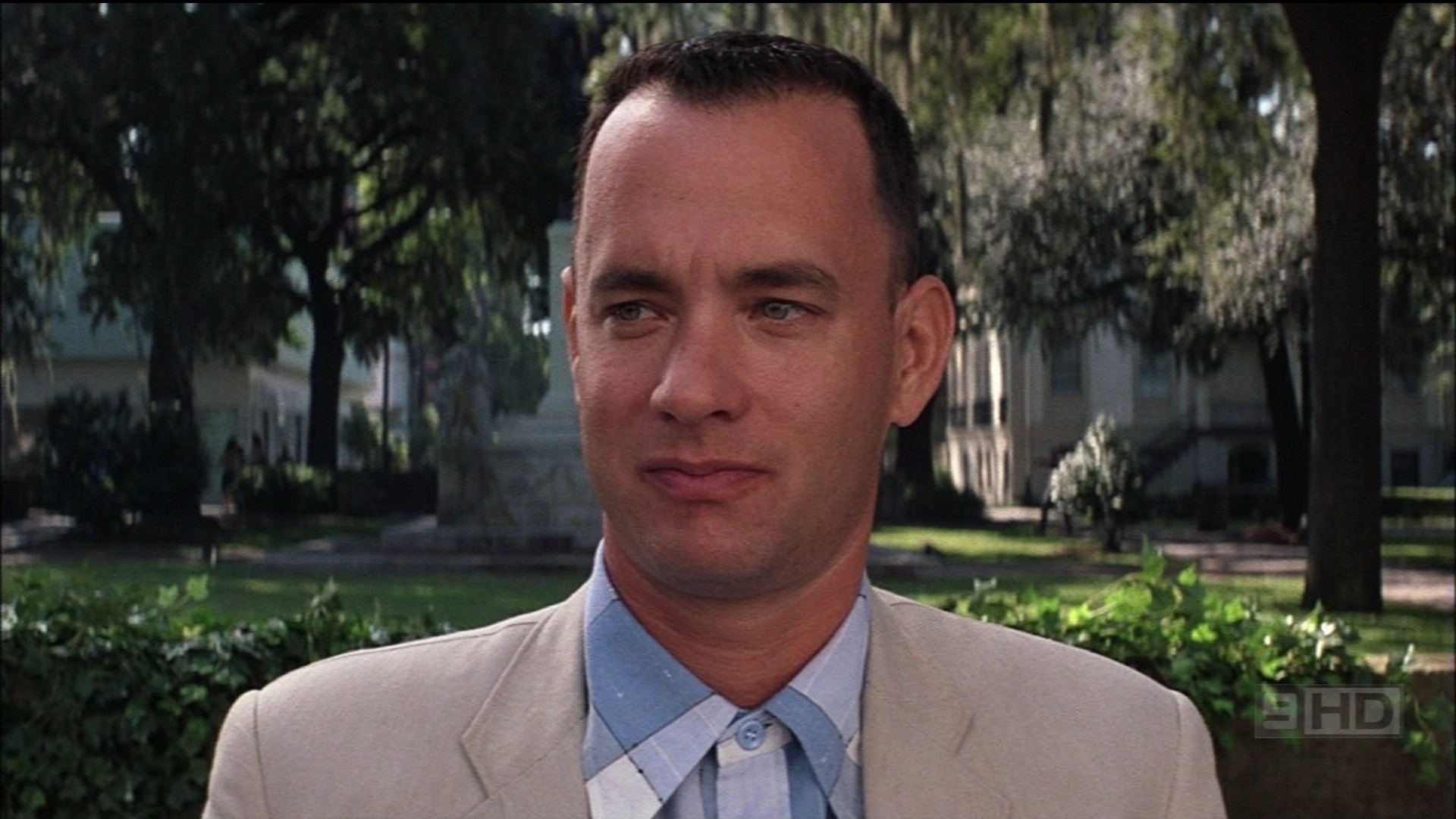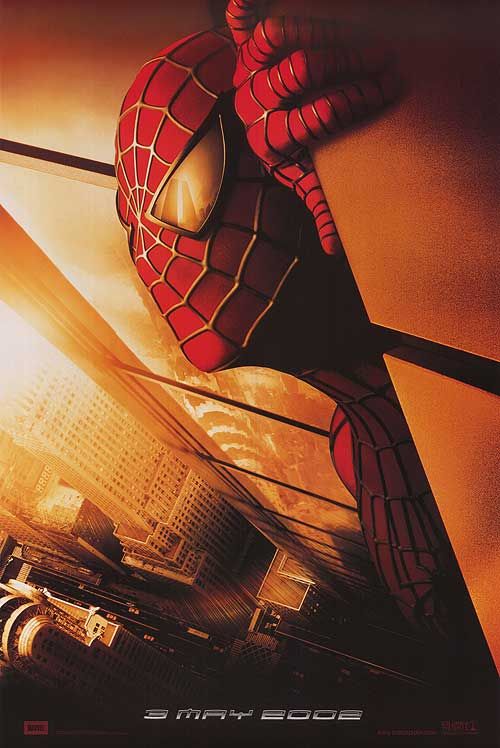
The world of experimental theater mourns the passing of Oswald “Ozzie” Rodriguez Jr., a pivotal figure whose extraordinary dedication to the Off-Off-Broadway movement and, particularly, to La MaMa Experimental Theatre Club, left an indelible mark on cultural preservation. Rodriguez, a versatile playwright, actor, director, visual artist, and, most profoundly, a master archivist, died in New York City on Thursday, July 24, 2025, at the age of 81. His passing represents not merely the loss of a historian, but of a vibrant force who meticulously safeguarded the living memory of a groundbreaking artistic institution.
For more than five decades, Ozzie Rodriguez was intricately woven into the fabric of La MaMa. From his initial performance on its stage in 1967 to his eventual role as Director of its vast archives, he embodied the spirit of experimental theater. His unique journey, marked by both artistic contributions and unparalleled curatorial vision, transformed how an entire generation of avant-garde history would be understood and experienced. He was, as La MaMa Artistic Director Mia Yoo profoundly stated, a guardian whose “contribution to La MaMa, the Archive and to the Off-Off-Broadway movement cannot be overstated.”
Rodriguez’s life was a testament to the power of passion and meticulous care in an often ephemeral artistic world. His work extended far beyond the traditional duties of an archivist; he became a storyteller, an educator, and a living bridge between the past, present, and future of theater. This in-depth tribute seeks to illuminate the many facets of his remarkable career, beginning with his roots and tracing his profound influence on one of New York City’s most vital cultural institutions.
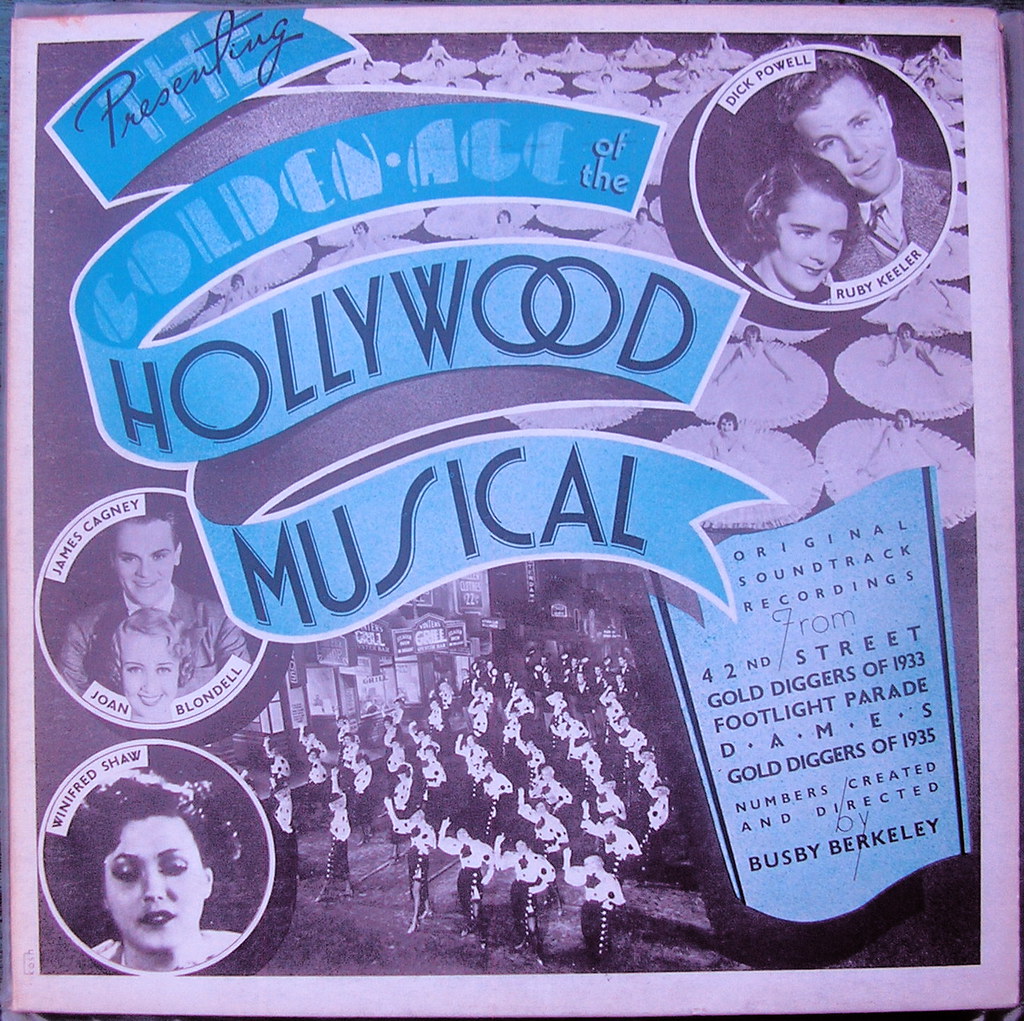
1. **Early Life and Artistic Roots** Ozzie Rodriguez was born on February 20, 1944, in the Bronx, into a tightly knit, multigenerational Puerto Rican family. His early environment, infused with the warmth of family and the vibrant culture of his heritage, shaped his formative years. He was particularly drawn to the Hollywood musical movies of the 1940s, which he enjoyed watching with his parents, indicating an early appreciation for the arts that would define his life’s trajectory. This natural talent was recognized and fully supported by his family, fostering a fertile ground for his creative development.
His path to professional theater was distinctively unconventional. Though he had excelled in science fairs during an era when attending a performing arts school was unheard of in his social circle, Rodriguez successfully auditioned for the High School of Performing Arts on 46th Street in Manhattan. This prestigious institution, an early experiment in conservatory-style education, demanded both top academic grades and demonstrable talent, a challenge Rodriguez met with distinction. After four years of intense training, he emerged prepared for the rigorous demands of Broadway, securing his first professional theater job Off-Broadway in 1963, performing in “The Immoralist” alongside the renowned Frank Langella.
Read more about: Rihanna’s Evolving Legacy: Navigating Motherhood, Empire, and a New Era of Authenticity with A$AP Rocky
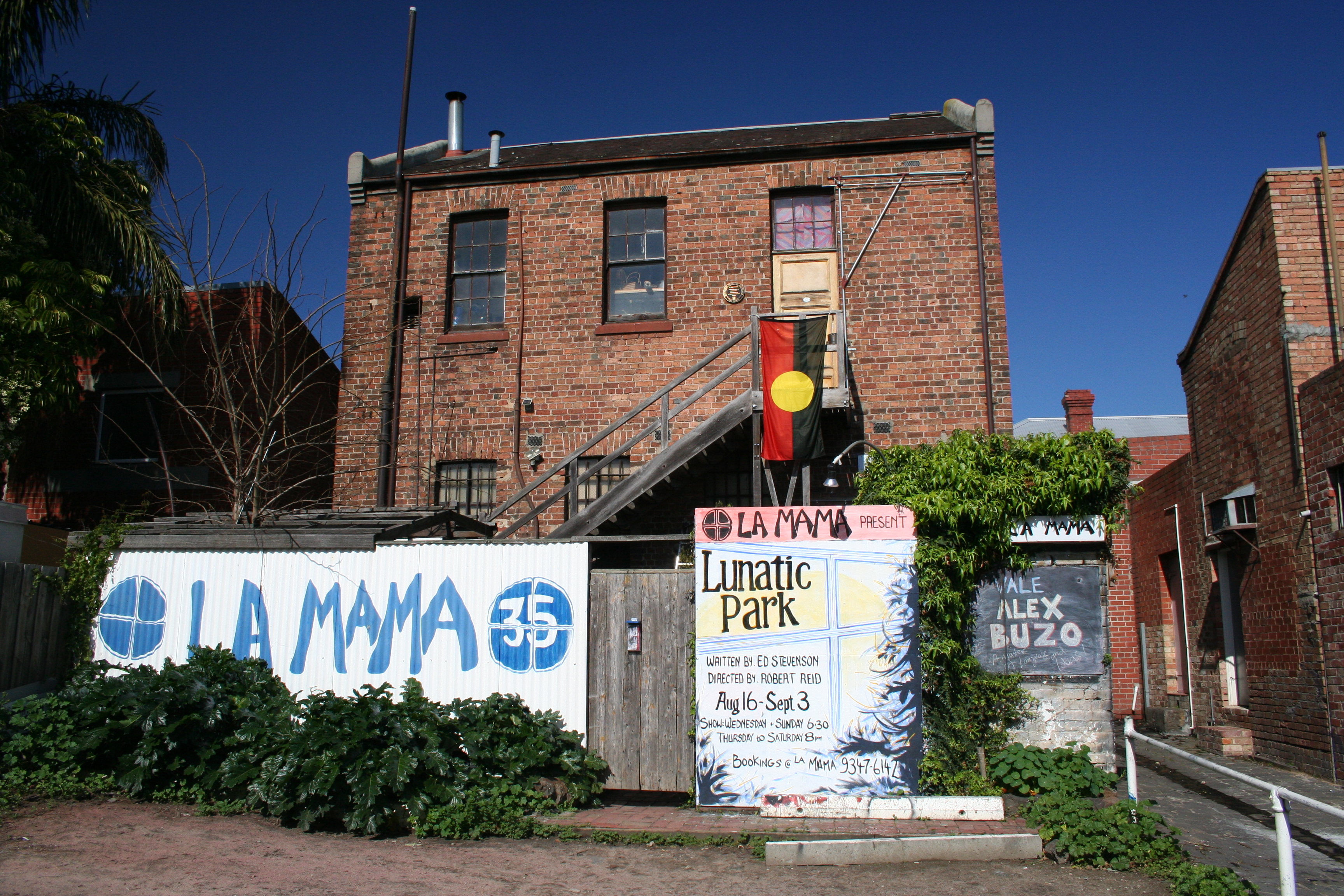
2. **An Unexpected Entry into La MaMa** Despite his promising start in professional theater, Rodriguez’s journey took an unexpected turn. Following an unfortunate experience during a Broadway audition callback, he made the decision to step away from theater entirely, seeking stability in the publishing world. He found employment at Knopf Publishing, working his way up to a position in Production and Manufacture of Textbooks at Harper & Row, a field then considered highly desirable with its attendant social perks and benefits, including complimentary theater tickets. This period might have seemed a definitive break from the stage, yet fate intervened.
His return to the theater, and specifically his introduction to La MaMa, was serendipitous. In 1967, a friend from his acting days, the director Nelly Vivas, urgently needed an emergency replacement for an actor who had unexpectedly departed her show. This unforeseen call drew Rodriguez back into the theatrical orbit, leading him to the vibrant, innovative, and then-unfamiliar world of Off-Off-Broadway. It was here that he encountered La MaMa and its visionary founder, Ellen Stewart, along with a cadre of pioneering artists such as Tom O’Horgan, Leonard Melfi, Julie Bovasso, Sam Shepard, and Paul Foster. Rodriguez quickly became a vital presence, performing in new works by influential playwrights including Sam Shepard, Shuji Terayama, and Lanford Wilson.
Read more about: Jason Momoa and Lisa Bonet’s Love Story: A Deep Dive Into Hollywood’s Most Beloved — and Surprising — Romance
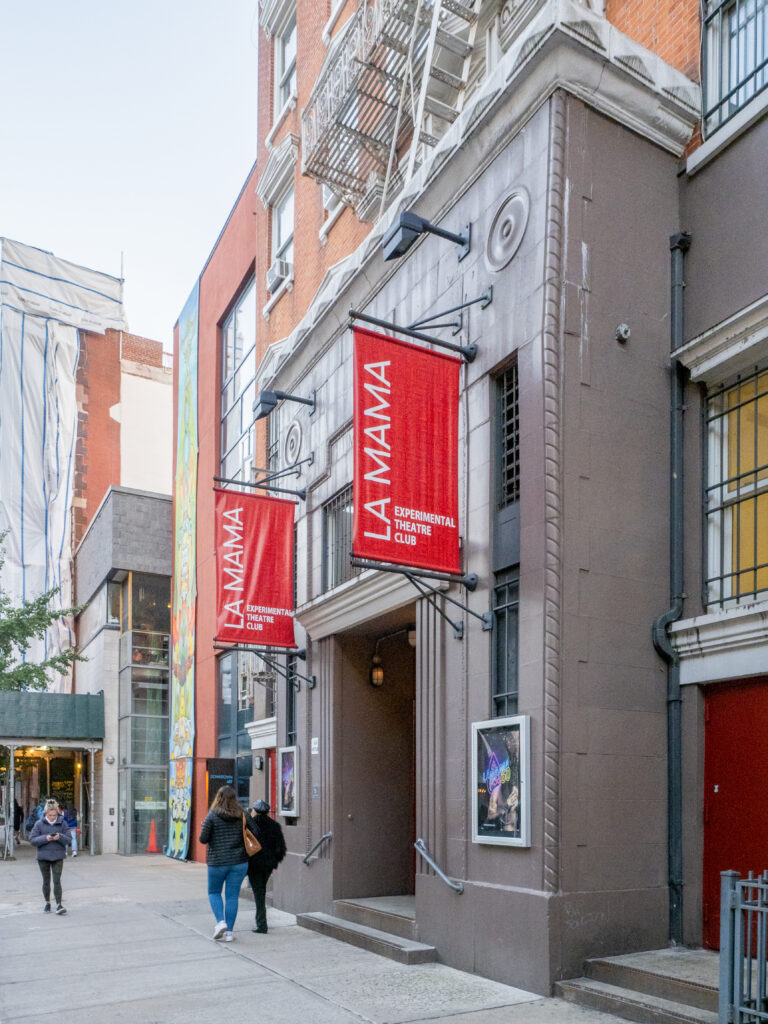
3. **A Resident Director’s Vision** Ozzie Rodriguez’s talents quickly blossomed within the nurturing and experimental environment of La MaMa. By 1972, his deep artistic engagement and innate leadership qualities led to his appointment as a Resident Director at the institution. In this capacity, he expanded his creative contributions, moving beyond acting to shape new theatrical narratives and guide productions. His collaborations during this period were extensive and impactful, working with esteemed artists such as Anna Deavere Smith, Ron Perlman, and Keith David, among others who would go on to achieve significant acclaim.
Beyond the specific productions at La MaMa’s East Village home, Rodriguez’s influence extended globally. He toured internationally as a distinguished member of the Great Jones Repertory Company, a collective known for its innovative approach to multicultural performance. This global exposure further enriched his artistic perspective and broadened La MaMa’s international reach. As a director, he mounted more than 30 plays, demonstrating a remarkable breadth of vision and a keen understanding of experimental theater’s potential. He also authored or adapted seven plays himself, including “Alma, the Ghost of Spring Street” (1976), which was based on a real-life Manhattan murder case and notably marked the professional acting debut of Anna Deavere Smith, further solidifying his role as a catalyst for emerging talent.
Read more about: Your Watchlist: 25 Films From the Jurassic Saga to Spielberg Masterpieces
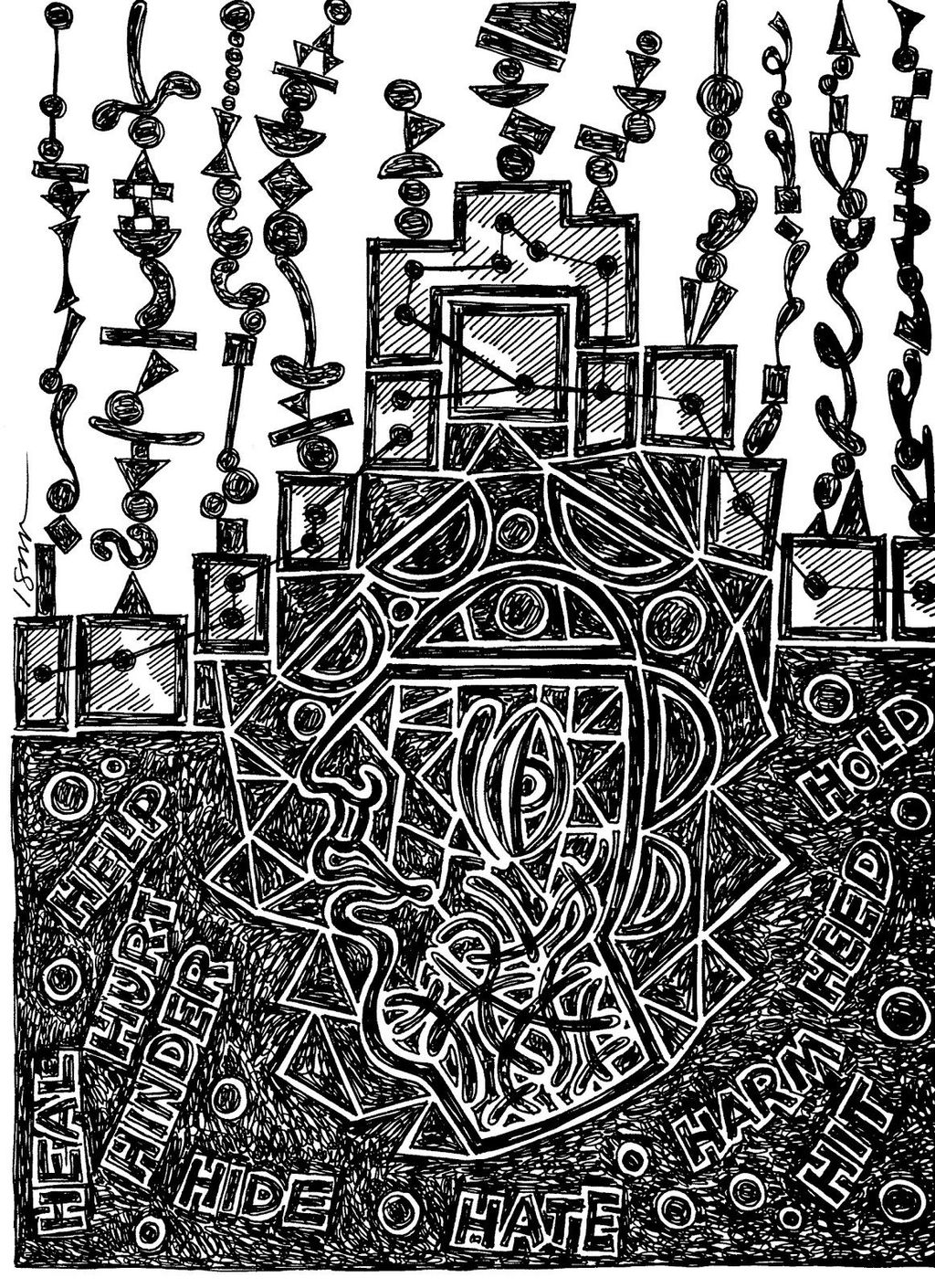
4. **Connecting Art to Life: A Broader Context** Ozzie Rodriguez’s vision for the La MaMa Archive extended far beyond mere cataloging; he recognized the profound interconnections between art, society, and politics. He was instrumental in linking the artistic work housed within the archive to broader social and political movements of their respective eras. This contextualization transformed the archive from a simple collection of artifacts into a dynamic educational resource, providing deeper understanding for anyone who engaged with it. He believed that the power of theater resided not just in its performance, but in its ability to reflect and influence the world around it.
Visitors to the archive were consistently “awed by his enthusiasm and breadth of knowledge” as he brought history to life. He ensured that the stories, the struggles, and the triumphs embedded in La MaMa’s productions were understood within their broader historical and cultural contexts. By connecting the artists’ work to the social and political movements of the time, Rodriguez made it vivid and relevant, demonstrating how avant-garde theater served as a mirror and a catalyst for societal change. His approach revealed the vital, beating heart of La MaMa’s legacy, constantly showing how the past actively shapes the future of artistic innovation.
Read more about: Presley Chweneyagae: Tracing the Life, Death, and Enduring Legacy of South Africa’s Oscar-Winning ‘Tsotsi’ Star at 40
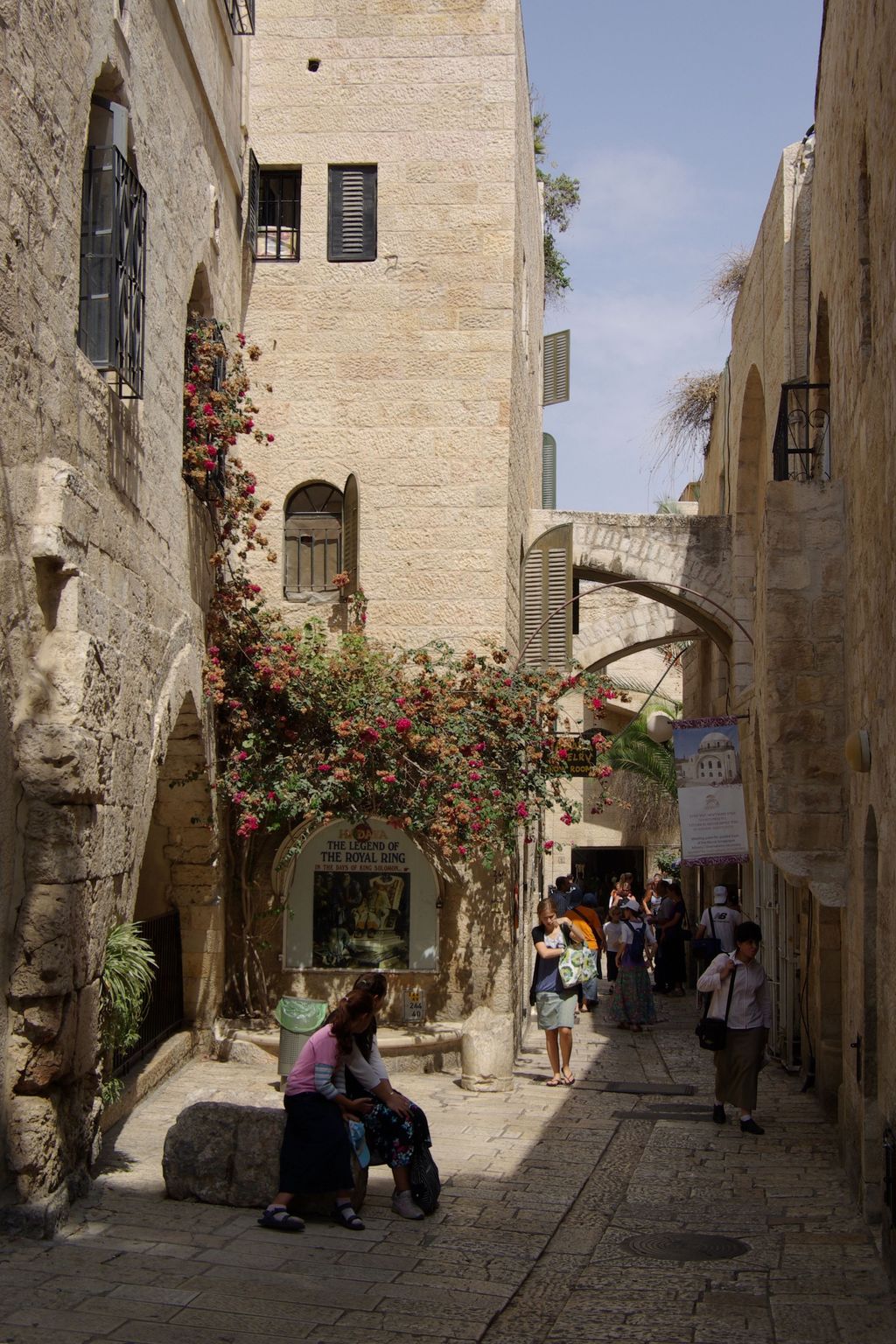
5. **The Legend of the Guided Tours** Perhaps one of the most celebrated aspects of Ozzie Rodriguez’s tenure as archivist was his legendary guided tours. These were far from standard academic presentations; they were immersive, insightful, and profoundly personal journeys through the history of experimental theater, animated by Rodriguez’s unparalleled warmth, wisdom, and storytelling prowess. He transformed the act of viewing historical materials into an unforgettable experience, making each visitor feel intimately connected to La MaMa’s pioneering spirit.
These tours educated and inspired thousands, including artists, scholars, students, researchers, and the general public. With his lived experience of the very history he archived, Rodriguez’s enthusiasm was infectious, and his breadth of knowledge encyclopedic. Sally Plass, director of Primary Stages’ Off-Broadway Oral History Project, eloquently captured the essence of these experiences after a visit: “You are not only able to convey the importance of the collection but also the passion, fluid generosity, open community, and genius of La MaMa, Ellen, the collection, and all who are currently connected to La MaMa. A living, breathing entity with what is past and can be done now and in the future. Keeping the artifacts available now for all—not just locked away in the public library! It is so full of life.” His tours cemented the archive not as a static repository, but as a vibrant, breathing entity.
Read more about: Beyond the Grave: Sharon Osbourne Reveals Ozzy’s Secret Legacy Amidst Privacy Outrage – A Look at the Prince of Darkness’s Final Journey

6. **Beyond La MaMa: A Bilingual Playwright and Visionary Founder** Ozzie Rodriguez’s artistic reach extended significantly beyond the storied walls of La MaMa, demonstrating his expansive vision for community theater and his deep connection to his cultural heritage. He was not merely an archivist or resident director, but also a prolific bilingual playwright who channeled his experiences and observations into compelling narratives. His work as an author included plays such as “Alma, the Ghost of Spring Street” (1976) and “WALL OF MIRACLES” (1987), for which he also contributed lyrics.
A testament to his belief in fostering creative spaces, Rodriguez also founded and served as artistic director for two experimental theater companies: the North Shore Community Arts Center in Great Neck, New York, and the Sol/Sun Experimental Theatre in San Antonio, Texas. Through these endeavors, he provided platforms for diverse voices and experimental approaches, further enriching the theatrical landscape. His play “Madre del Sol/Mother of the Sun,” produced with the Sol/Sun Experimental Theatre Company, was particularly recognized, earning him the prestigious Distinguished Contributions to Hispanic Culture Award, highlighting his profound impact on the representation of Hispanic culture in theater.
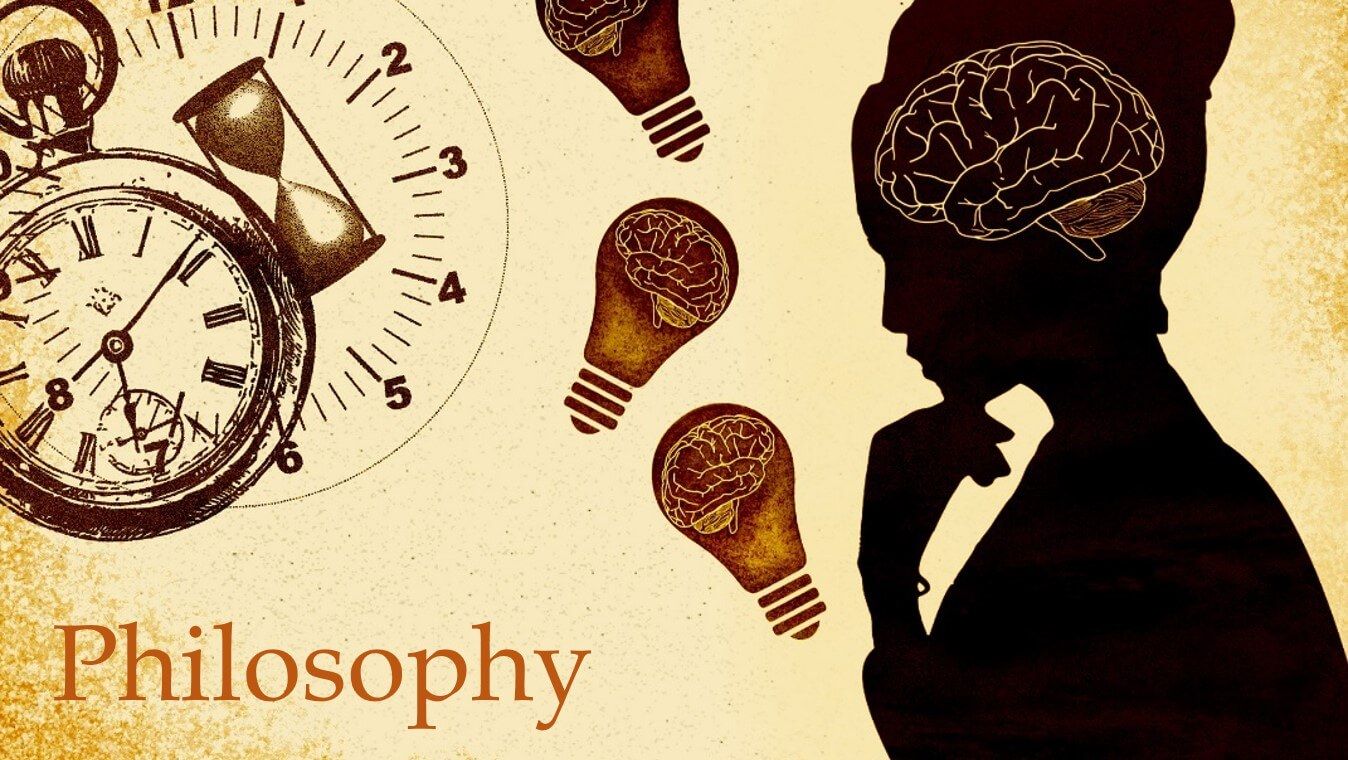
7. **The Philosophy of Experiential Archiving: Bringing History to Life** While Ozzie Rodriguez meticulously safeguarded La MaMa’s physical artifacts, his approach to archiving transcended mere preservation; it was a dynamic philosophy he termed “experiential archiving.” This method actively engaged audiences with the materials, moving beyond the traditional role of a static repository to transform the archive into a living, breathing entity. He understood that the power of theater resided not just in its performance, but in its ability to reflect and influence the world around it.
This forward-thinking methodology, where artifacts were not simply stored but interpreted within their historical and cultural contexts, laid a crucial foundation for how archives can serve as vital engines for creativity and research. Sally Plass, director of Primary Stages’ Off-Broadway Oral History Project, eloquently described how Rodriguez’s tours conveyed “the passion, fluid generosity, open community, and genius of La MaMa, Ellen, the collection, and all who are currently connected to La MaMa. A living, breathing entity with what is past and can be done now and in the future. Keeping the artifacts available now for all—not just locked away in the public library! It is so full of life.”
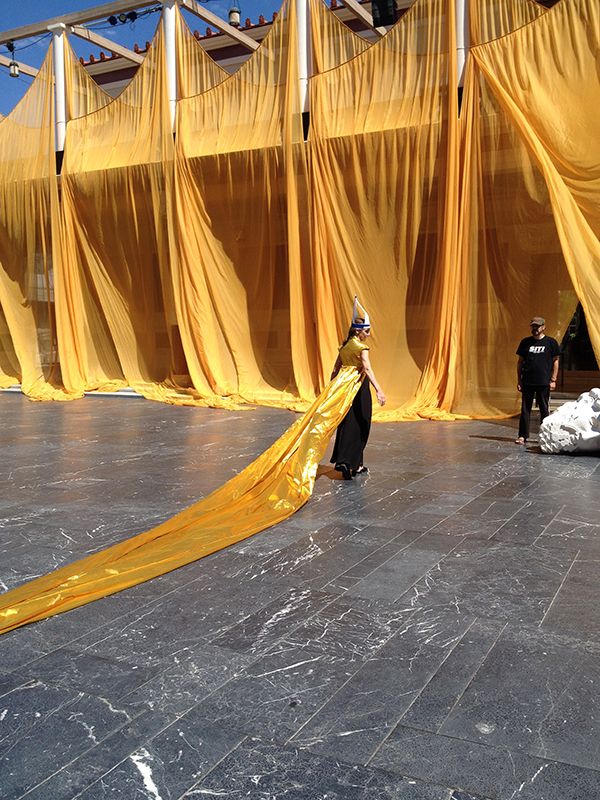
8. **A Legacy Honored: Awards and Exhibitions** Ozzie Rodriguez’s singular dedication to preserving the ephemeral world of experimental theater did not go unrecognized. His curatorial vision and tireless efforts earned him significant accolades, cementing his reputation as a master archivist. In 1995, The Village Voice honored him with a special Obie Award, specifically acknowledging his “work in the organization and preservation of the La MaMa Archive.” This award underscored the critical importance of his role in safeguarding a vital cultural heritage.
Beyond this prestigious recognition, Rodriguez also translated his meticulous archiving into public exhibition. One of his singular achievements was “La MaMa in Print: The Paper Trail,” a four-gallery exhibition presented at the Cooper Union School of Art and Architecture. This exhibition allowed a wider audience to engage with the physical manifestations of La MaMa’s groundbreaking history, showcasing the vast collection of scripts, photographs, and ephemera that he so carefully preserved and contextualized. These honors serve as enduring testaments to the profound impact of his stewardship.

9. **The Nurturing Spirit: Ozzie as a Mentor to Artists** Beyond his roles as an archivist and director, Ozzie Rodriguez was renowned for his profound influence as a mentor, embodying a commitment to intergenerational knowledge transfer that mirrored Ellen Stewart’s own vision for La MaMa. He consistently sought to support and uplift emerging artists, providing guidance and encouragement that extended far beyond formal instruction. Archive associate Shigeko Suga fondly recalled Ozzie’s deep “care and concern for mentoring younger artists by helping them find ways so that they can prosper.”
Suga further illustrated this aspect of his character with a memorable anecdote involving an intern and photographer from overseas. When asked why she liked a particular picture, the intern simply replied, “Because I took it.” Rodriguez “laughed so hard and loved her ever-so-simple expressions,” Suga recounted, noting that such “Self-expression in the arts, through the arts, I believe, in such a simple and truthful manner, was what triggered Ozzie to be excited and move forward.” This illustrates his unique ability to recognize and foster genuine artistic impulse, regardless of its form.
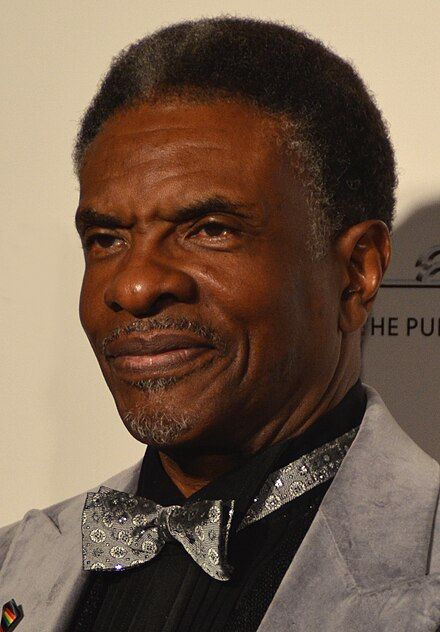
10. **Voices of Admiration: Keith David and the Power of Respect** Among the many voices recalling Ozzie Rodriguez’s profound impact, the acclaimed actor Keith David’s tribute stands out for its warmth and admiration, reflecting a friendship that spanned many years. David, who collaborated with Rodriguez during his time as a resident director at La MaMa, spoke of Ozzie with deep affection, highlighting his vivacious spirit and unwavering respect for the artistic process.
David shared, “Ozzie’s energy always made me want to smile! Whether he was joking with you or reprimanding you. He ran a tight ship. And had a great sense of humor! Wry sometimes, but always there.” He continued, emphasizing a crucial aspect of Rodriguez’s character: “And I love the way he respected actors/artists and the process. Not everyone understands the way performers process; he always gave us respectful space! And he was a gracious human being. I love him and will miss him. God bless you, Ozzie.” Such testimony underscores Rodriguez’s rare ability to lead with firmness while nurturing with profound understanding.

11. **A Beating Heart: Community Tributes to a Lasting Presence** The outpouring of grief and remembrance from the La MaMa community paints a vivid picture of Ozzie Rodriguez not just as an institution’s guardian, but as its very “beating heart,” as artist Rafika Chawishe described him. La MaMa Artistic Director Mia Yoo beautifully captured this sentiment by recalling Ozzie’s daily ritual of watering Ellen Stewart’s decades-old plant in the office. “His care for this plant held such significance for me,” Yoo stated. “It embodied the energy that he gave to everything he loved. Through Ozzie I understood our legacy and the need for us to honor and uplift our intergenerational community.” This ritual symbolized his nurturing spirit and commitment to the continuity of La MaMa’s roots.
Many others echoed these sentiments, highlighting his transformative influence. Rafika Chawishe lauded his archive tours as “an extraordinary one-man show” where Ozzie “didn’t just describe history, he embodied it,” igniting imagination and granting “permission to dream. To play. To believe again.” Marcus A. Cerda, who met Ozzie in San Antonio in 1980, credited him as “the father to my creative life,” who “opened a world of possibilities.” Roy Fialkow recounted how Ozzie believed in him as a 17-year-old, leading to a “surreal and extraordinary experience” at La MaMa. Maureen Fleming admired his “great eye for detail” and how he “gave his mastery generously,” concluding that “Ozzie gems are floating throughout La MaMa, especially throughout the archive.” These myriad voices confirm that Rodriguez’s presence was not merely archival, but deeply interwoven into the lives and artistic journeys of countless individuals.
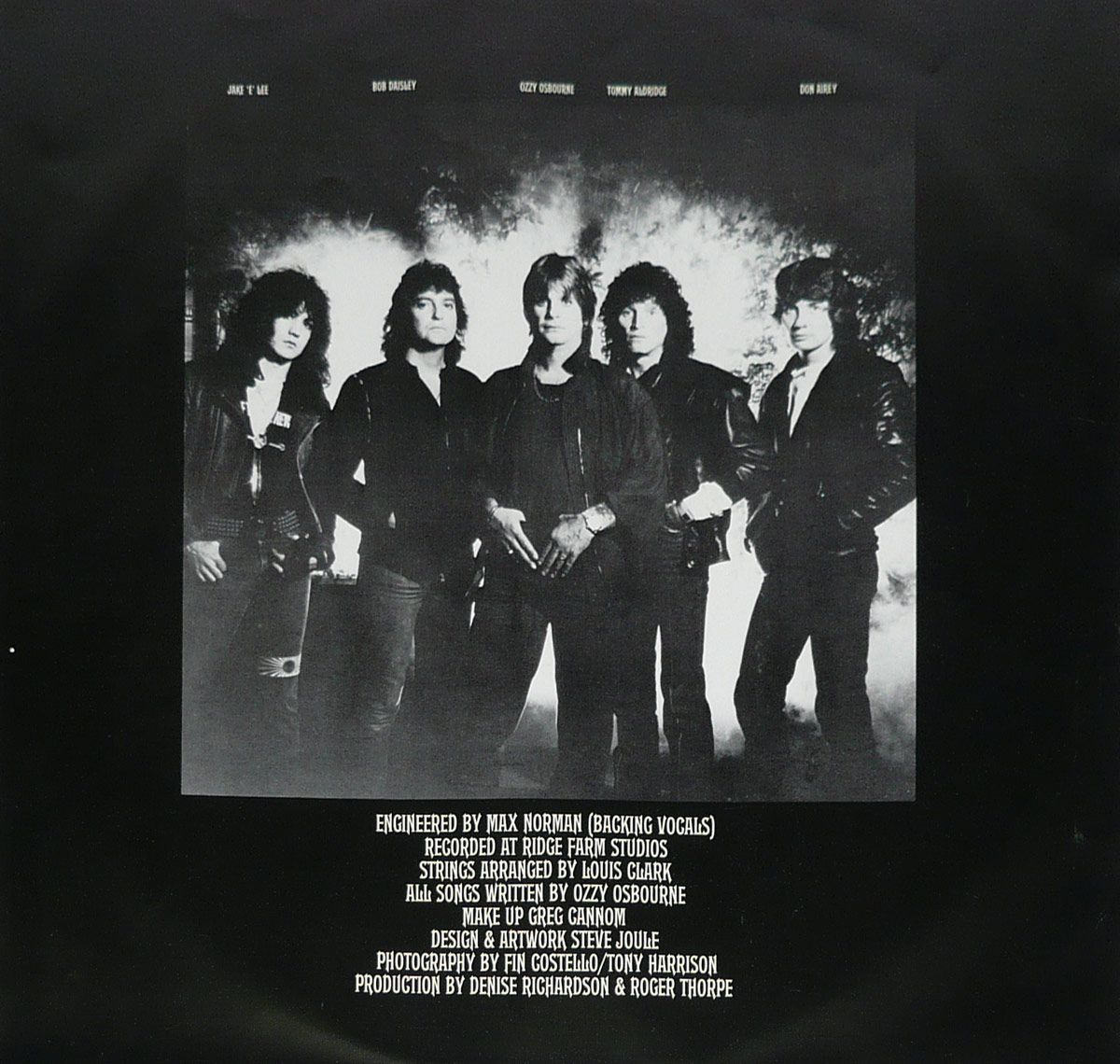
12. **The Enduring Relevance: Ozzie’s Legacy in the Digital Age** In an increasingly digital and ephemeral world, Ozzie Rodriguez’s “experiential archiving” philosophy offers an indispensable blueprint for cultural preservation. His core principles—accessibility, contextualization, and active engagement with historical materials—remain profoundly relevant in an era grappling with the challenges and opportunities of digital archives. Rodriguez understood that an archive’s true value lies not in merely storing artifacts, but in making them come alive, connecting them to broader social and political narratives, and inspiring future generations.
As institutions worldwide increasingly digitize their collections, Ozzie’s emphasis on storytelling and context provides a crucial model for making these digital repositories truly meaningful, rather than just vast databases. While virtual reality, augmented reality, and artificial intelligence promise exciting new ways to interact with historical performances and archival data, Rodriguez’s legacy reminds us that technology must remain a tool guided by human expertise and curatorial judgment. His work ensures that the struggles, triumphs, and unique heartbeat of experimental theater—and by extension, the world—are preserved, understood, and continue to resonate, empowering artists and scholars for years to come.
Ozzie Rodriguez, a figure of unparalleled dedication and vision, truly embodied the spirit of La MaMa and the Off-Off-Broadway movement. His meticulous care for the past was matched only by his profound influence on the future, securing a vibrant legacy for generations of artists and enthusiasts. His passing leaves a void, but the rich tapestry of history he preserved, the mentorship he provided, and the innovative approach to archiving he pioneered will continue to inspire and shape the cultural landscape.

